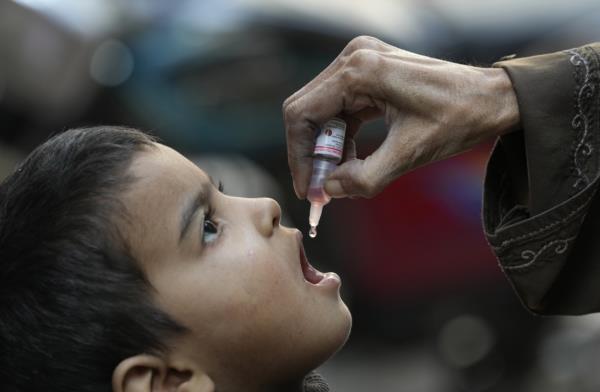
Recent reports from Pakistan have highlighted a concerning uptick in polio cases, with more than a million children missing their vaccination doses last month. This surge in cases has underscored the challenges faced by health officials in eradicating this highly infectious viral disease.
Polio primarily affects children under the age of 5, targeting the nervous system and potentially leading to paralysis, respiratory issues, and even death. The disease spreads through contaminated water or food and currently has no cure. However, it can be prevented through vaccination, which has been instrumental in reducing polio cases globally by over 99% since the 1980s.
Pakistan, along with neighboring Afghanistan, remains one of the two countries where polio is still endemic, according to the World Health Organization. Efforts to combat the disease have been hampered by various factors, including historical distrust of foreign health care providers, religious beliefs, and misinformation about the dangers of polio.



The recent surge in cases in Pakistan has been particularly concentrated in the Balochistan province, bordering Afghanistan. Many children who contracted the disease had only received partial vaccinations, emphasizing the importance of completing all required doses.
Violent attacks against vaccination clinics have also escalated in Pakistan, with militants targeting health workers and security officials involved in anti-polio campaigns. These attacks, fueled by conspiracy theories and misinformation, have further complicated efforts to vaccinate children and contain the spread of the virus.
Despite these challenges, Pakistani authorities remain optimistic about their ability to control the disease. A new nationwide polio vaccination campaign is set to launch, aiming to inoculate 45 million children under the age of 5. The country's Polio Eradication Programme has reaffirmed its commitment to stopping polio transmission by 2025, emphasizing the importance of a unified approach across provinces.







